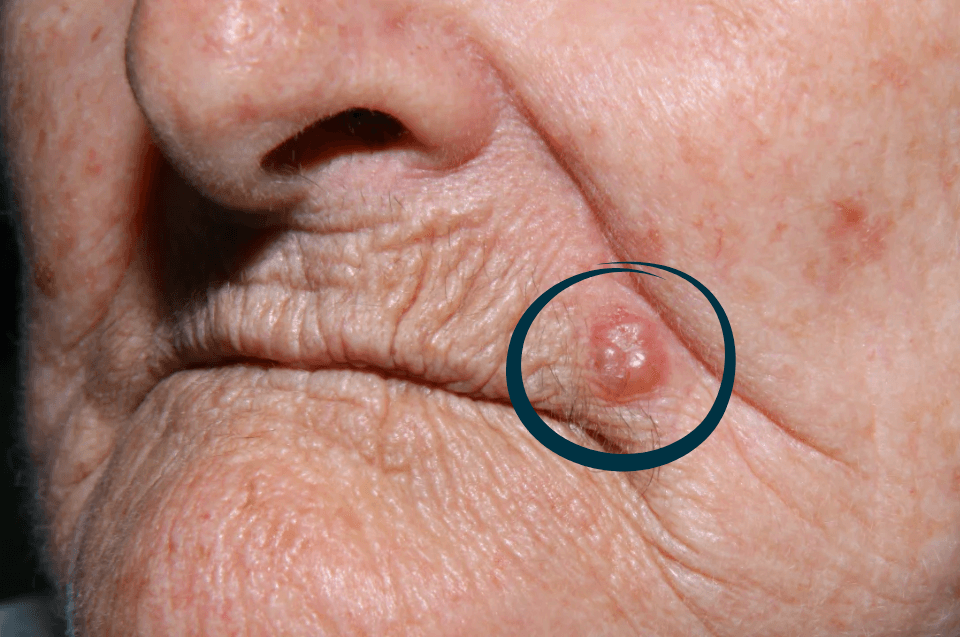Bronchitis is a respiratory condition that affects millions of people worldwide. It occurs when the bronchi — the airways responsible for carrying air into the lungs — become inflamed, making it difficult to breathe and causing symptoms such as persistent cough and mucus production. The disease can be acute, when it appears temporarily, or chronic, when symptoms persist for months or years.
Although common, many people still confuse bronchitis with other respiratory diseases, such as asthma and pneumonia. Understanding its symptoms, causes, and preventive measures is essential to maintaining respiratory health and avoiding complications.
What is Bronchitis?
Bronchitis is the inflammation of the mucous lining of the bronchi, the tubes that conduct air from the trachea to the lungs. When this region is inflamed, the airways narrow, leading to difficulty breathing and mucus buildup.
The disease occurs in two main forms:
Acute bronchitis: usually caused by viral infections such as colds and flu, and tends to last a few weeks.
Chronic bronchitis: a more severe and persistent type, linked to smoking and long-term exposure to pollutants. It is one of the main manifestations of Chronic Obstructive Pulmonary Disease (COPD).
Causes of Bronchitis
The causes vary depending on the type:
Acute bronchitis: most often caused by respiratory viruses, but it may also be triggered by bacteria. It commonly develops after colds or flu.
Chronic bronchitis: strongly associated with smoking, which continuously damages the bronchi. Frequent exposure to dust, pollution, chemicals, or smoke can also contribute.
People with a history of respiratory diseases, weakened immunity, or those working in polluted environments are at higher risk of developing bronchitis.
Symptoms of Bronchitis
Symptoms can vary in intensity, but the most common include:
Persistent cough (with or without mucus)
Thick mucus production, often yellowish or greenish
Wheezing in the chest
Shortness of breath
Fatigue
Chest pain or discomfort
Low-grade fever (more common in acute bronchitis)
In chronic bronchitis, symptoms are long-lasting and may worsen over time, especially in smokers.
Diagnosis of Bronchitis
Diagnosis is usually clinical, based on the patient’s symptoms and medical history. In some cases, additional tests may be requested, such as:
Chest X-ray: to rule out pneumonia
Spirometry tests: to assess lung function, especially in suspected chronic bronchitis
Sputum analysis: when bacterial infection is suspected
Treatment of Bronchitis
Treatment depends on the type of bronchitis:
Acute bronchitis: generally self-limiting and resolves on its own within a few weeks. Treatment includes rest, hydration, symptom-relieving medications (such as pain relievers and fever reducers), and in some cases, bronchodilators to ease breathing. Antibiotics are only prescribed when a bacterial infection is confirmed.
Chronic bronchitis: requires continuous medical follow-up. The first step is to stop smoking and avoid triggering factors. Treatment may include bronchodilators, inhaled corticosteroids, respiratory physiotherapy, and, in severe cases, oxygen therapy.
Possible Complications
Although often considered a mild illness, bronchitis can lead to complications, particularly in people with fragile health. These include:
Progression to pneumonia
Severe respiratory crises in patients with chronic bronchitis
Reduced quality of life due to constant breathing difficulties
Prevention of Bronchitis
Prevention is key, especially for those predisposed to respiratory conditions. Measures include:
Avoiding tobacco, both smoking and exposure to secondhand smoke
Keeping environments well ventilated
Washing hands regularly to reduce viral infections
Avoiding close contact with people who have colds or flu
Using protective masks in areas with dust or pollution
Keeping vaccinations up to date, particularly against flu and pneumonia
Curiosities, Myths, and Scientific Advances About Bronchitis
Myth: “People with bronchitis cannot exercise.”
In fact, light, supervised physical activity can strengthen lung capacity and improve quality of life, especially for those with chronic bronchitis.Curiosity: Chronic bronchitis is one of the main conditions that make up COPD, one of the leading causes of respiratory disability worldwide.
Scientific advances: Recent research is exploring new biological therapies and more effective inhalers for patients with severe chronic bronchitis. In addition, genetic studies are investigating why some people develop the disease even without smoking.



